New Phase of JICA’s Flagship Project in Uganda Marking the 20th Anniversary of Cooperation in Rice Production
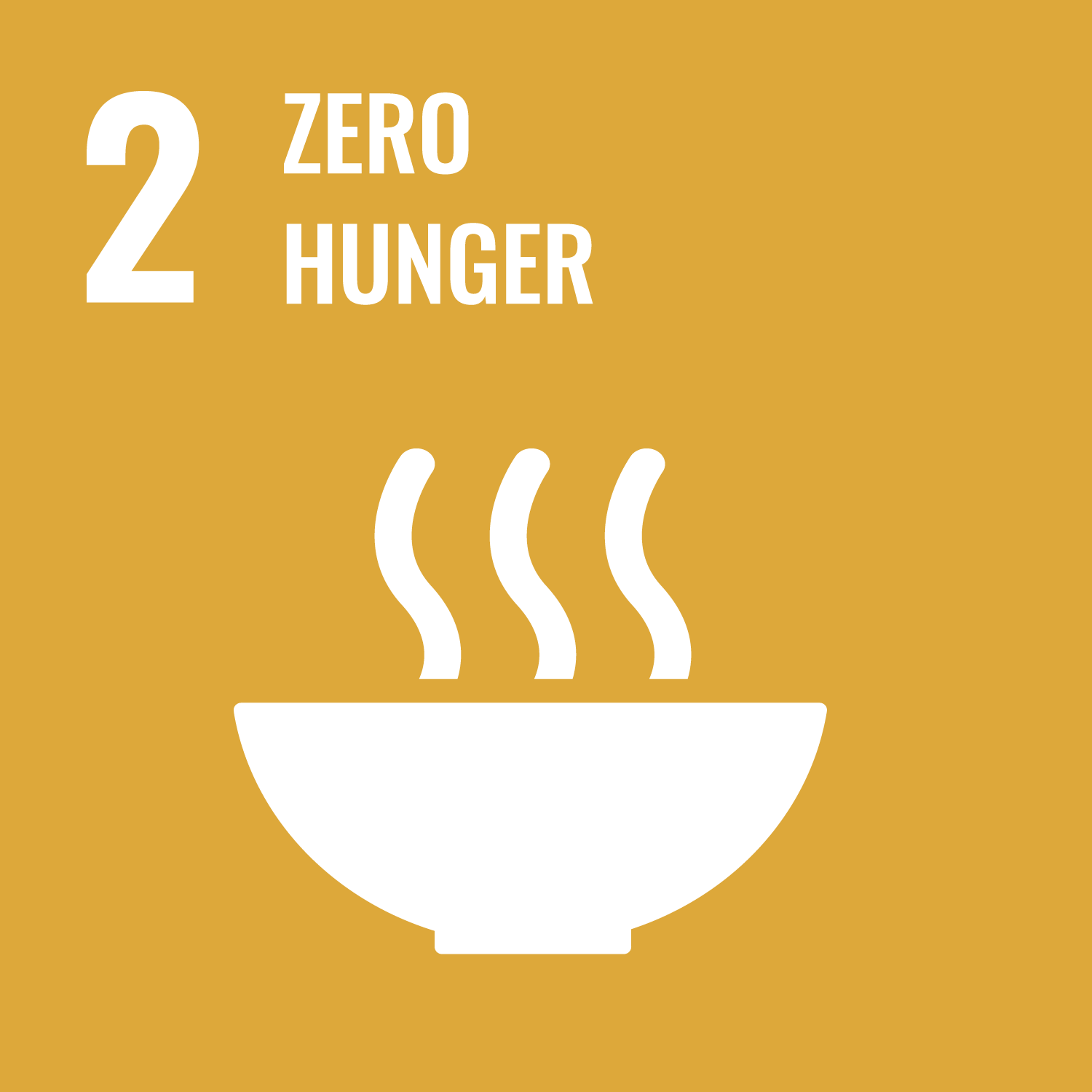

2024.07.16
The Promotion of Sustainable Rice Farming Development Project (Eco-PRiDe) commenced on 17th June 2024. This is a continuation of JICA’s longstanding development cooperation in Uganda’s rice industry, now in its 20th year. During courtesy visits to the Ministry of Agriculture, Animal Industry and Fisheries (MAAIF) and National Agricultural Research Organization (NARO) to introduce the Japanese Expert team, the Chief Representative, JICA Uganda Office, commended the Ministry and its agency for their longstanding and unwavering cooperation.
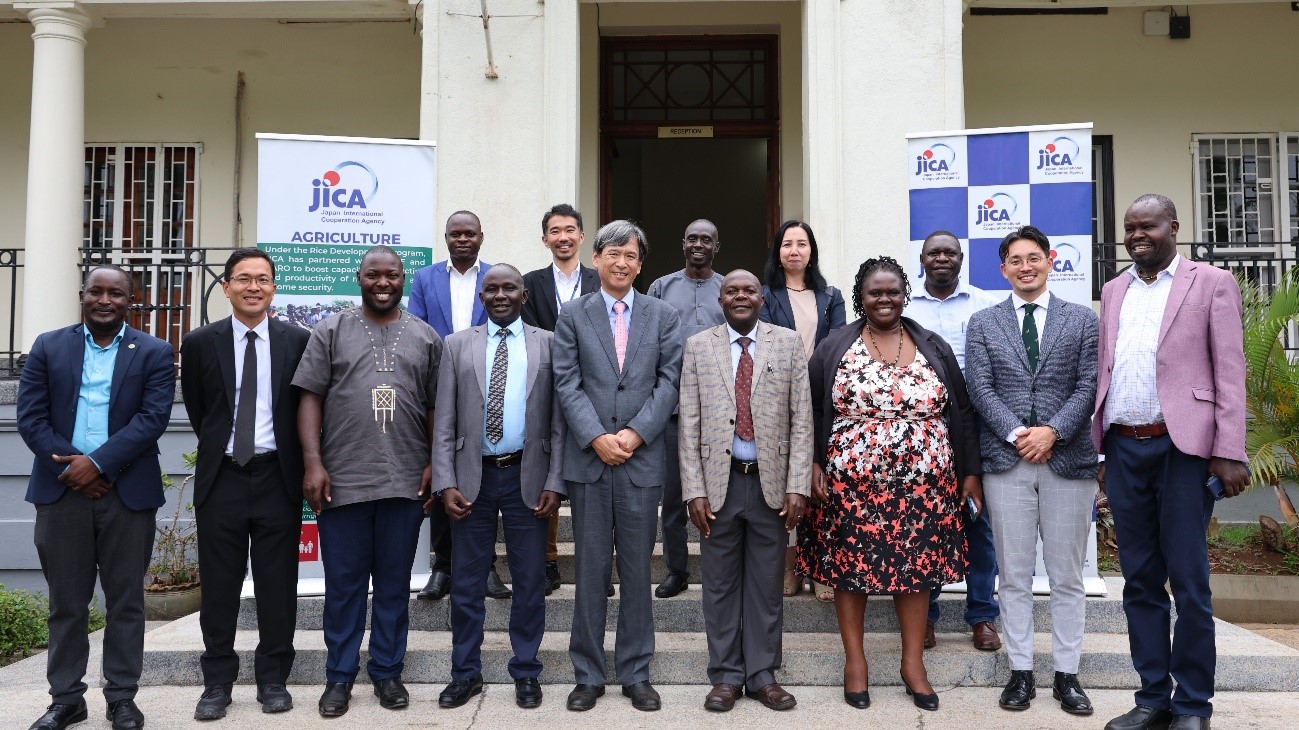
Rice has for centuries been an essential part of Japanese life. This explains why Japan has some of the most advanced technologies and wide know-how on rice production and management, which it continues to share with the developing countries with potential, including Uganda. ‘I realized the high potential for rice production in Uganda because there is very good rainfall and the soil is very fertile- here’, said Tsuboi Tatsushi, JICA’s first rice Expert in Uganda (2004-2019). That realization set in motion interventions by JICA in Uganda’s Agriculture sector.
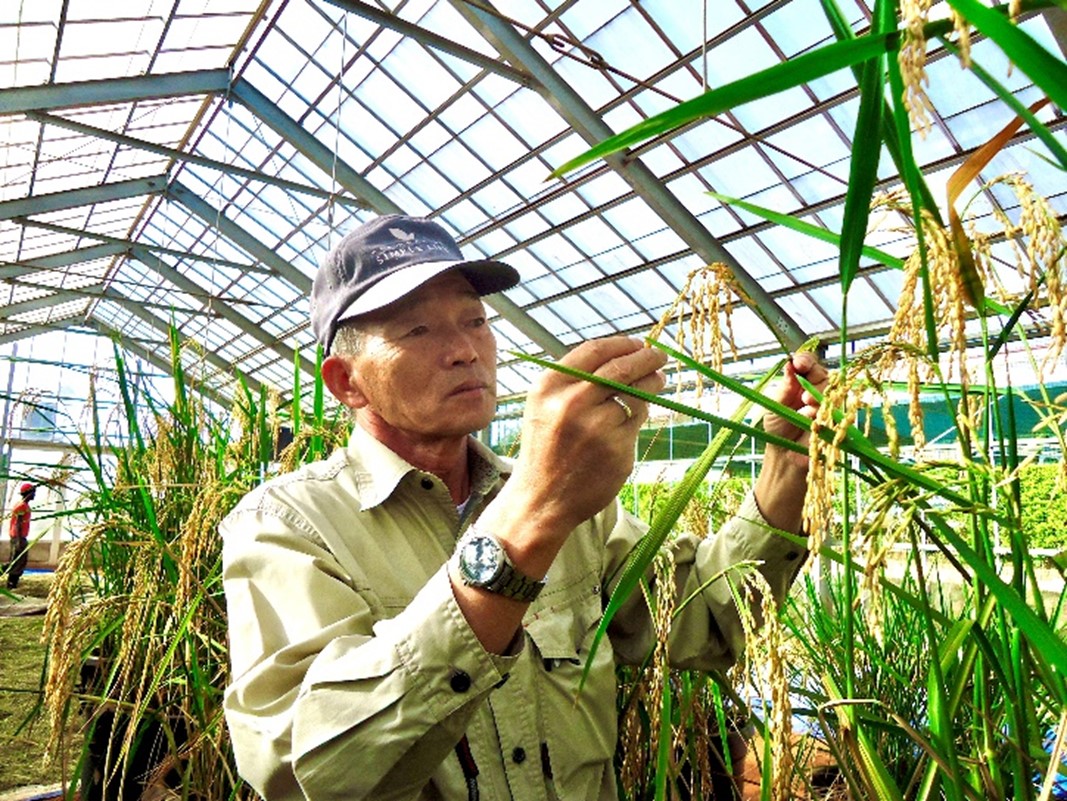
Dr. Tatsushi Tsuboi, Golden Jubilee Laureate and a former JICA Rice Expert
For the last 20 years, JICA has solidified its footprint in Uganda’s agriculture sector with development cooperation projects implemented under the grant aid and technical cooperation schemes, including through programs like, Knowledge Co-Creation (KCCP), Japan Overseas Cooperation Volunteers (JOCV), Public Private Partnerships (PPP), to mention a few. Due to its strategic importance as a key contributor to food and income security, cooperation activities for rice industry development have been most profound.
From the onset, and cognizant of Uganda’s low rice self-sufficiency levels, JICA prioritized institutional capacity development as a pathway to rice industry development. With focus on boosting production and productivity, JICA’s cooperation has over the years been dedicated to developing the capacity for rice researchers under the National Agricultural Research Organization (NARO), extension specialists under the Ministry of Agriculture, Animal Industry and Fisheries (MAAIF) and Agricultural Officers (AO) under the District Local Governments. The built capacity laid a foundation for the research-extension-farmer nexus, which today is the driving factor for rice industry development.

Under the auspices of the Coalition for African Rice Development (CARD) Initiative, JICA worked with MAAIF and other stakeholders in the formulation of the National Rice Development Strategy (NRDS) 2008-2018, which served as a guiding framework for rice industry development in Uganda. By 2018, Uganda’s annual rice production stood at approx. 240,000 MT, a great improvement from the 2008 baseline of approx. 80,000MT. Efforts spearheaded by MAAIF are currently ongoing to adopt the NRDS II (2018-2030).

In line with the NRDS, JICA worked with MAAIF and NARO to implement technical and grant aid cooperation projects to develop the rice industry. From 2008 to 2011, NERICA[1] Rice Promotion Project-here
sought to improve upland rice production and quality in Uganda – with its ‘learning by doing’ approach, research skills and knowledge were enhanced, and simple training packages generated for extension officers which ensured the training of over 13,000 farmers across the country.
During the above period, the Sustainable Irrigated Agriculture Development (SIAD) Project sought to boost production and productivity of rice through the introduction of sustainable irrigated agricultural techniques in 22 Districts of Eastern Uganda – by the end of the project, 189 AOs and 112 farmers had been trained, 135 small scale irrigation sites developed, and rice productivity increased by 1.5 times. This period also saw the establishment of the Regional Rice Research and Training Centre, which has since served as a training hub for rice specialists not only from Uganda but also sub-Saharan countries.
[1] NERICA: New Rice for Africa
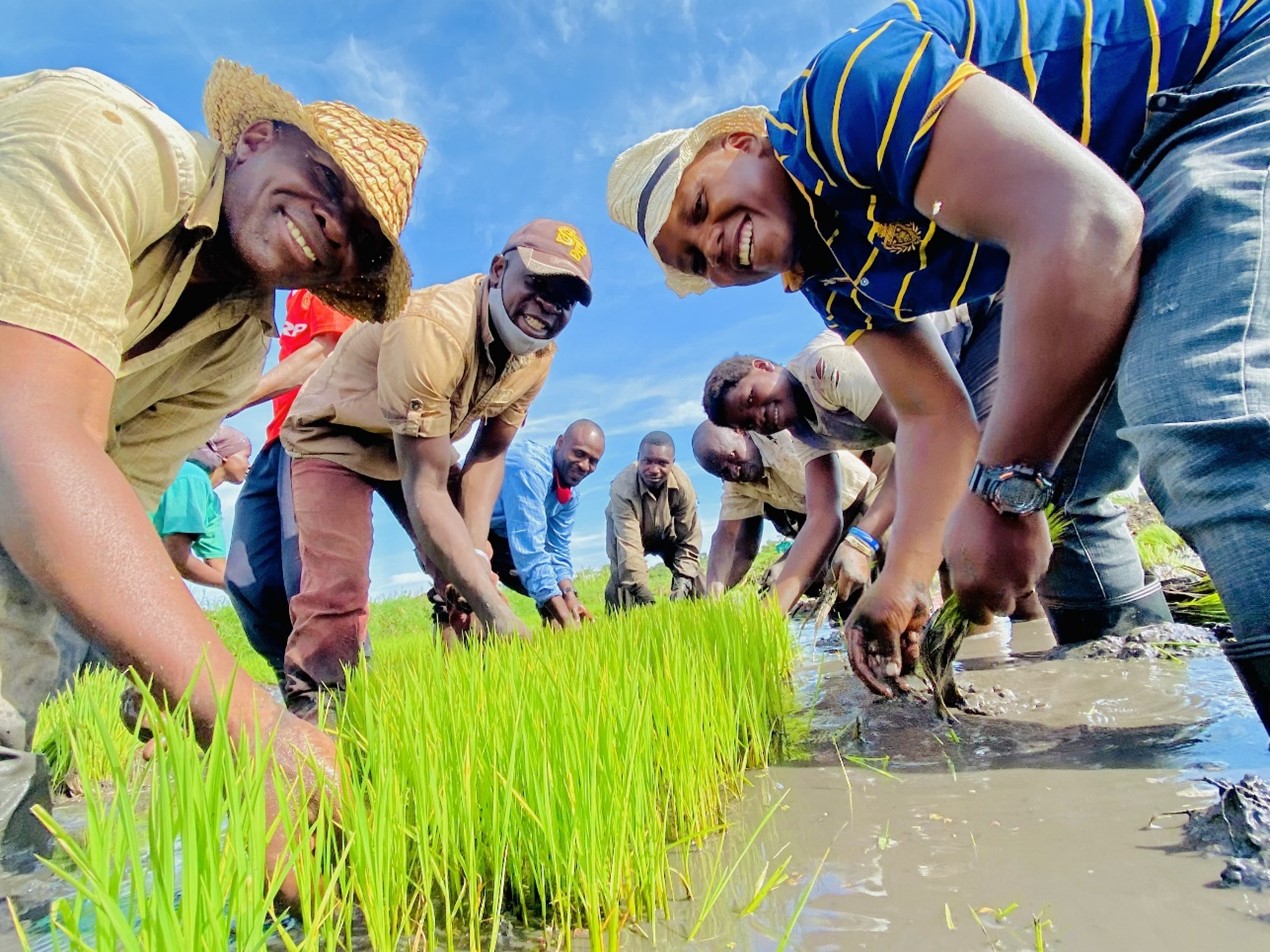
The period 2011 – 2024 has seen the consolidation of achievements made through the above projects by coalescing their features to formulate the Promotion of Rice Development (PRiDe) Projects, Phase I & II. PRiDe I (2011 – 2019)- here targeting 44 districts across the country sought to boost rice quantity in Uganda by increasing the area under rice production and number of farmers growing rice. With over 40,000 farmers trained and improved rice production technologies introduced, the project realized increases in the area under rice production and actual rice production of over 10,000 ha and 20,000 MT, respectively.
PRiDe II (2019 – 2024) sought to boost rice productivity through strengthening not only the research, training and extension capacities, but also Research-Extension-Farmer linkages. The MUSOMESA Field School (MFS)[1], a farmer-to-farmer extension approach introduced to offset gaps in the traditional system, was one of the highlights of PRiDe II. MFS approach facilitates the establishment of Field Schools that serve as hubs for technology adoption and dissemination. By March 2024, over 100 Field Schools were established, over 2000 MUSOMESA equipped with improved rice cultivation techniques, culminating in over 21,000 farmers trained.
Through PRiDe I and II, over 3,000 refugees and host communities have since 2014, as part of a JICA-UNHCR Memorandum of Cooperation, been equipped with improved rice cultivation techniques to ensure food and income security.
[1] MUSOMESA: meaning “instructor” or “teacher” in Luganda
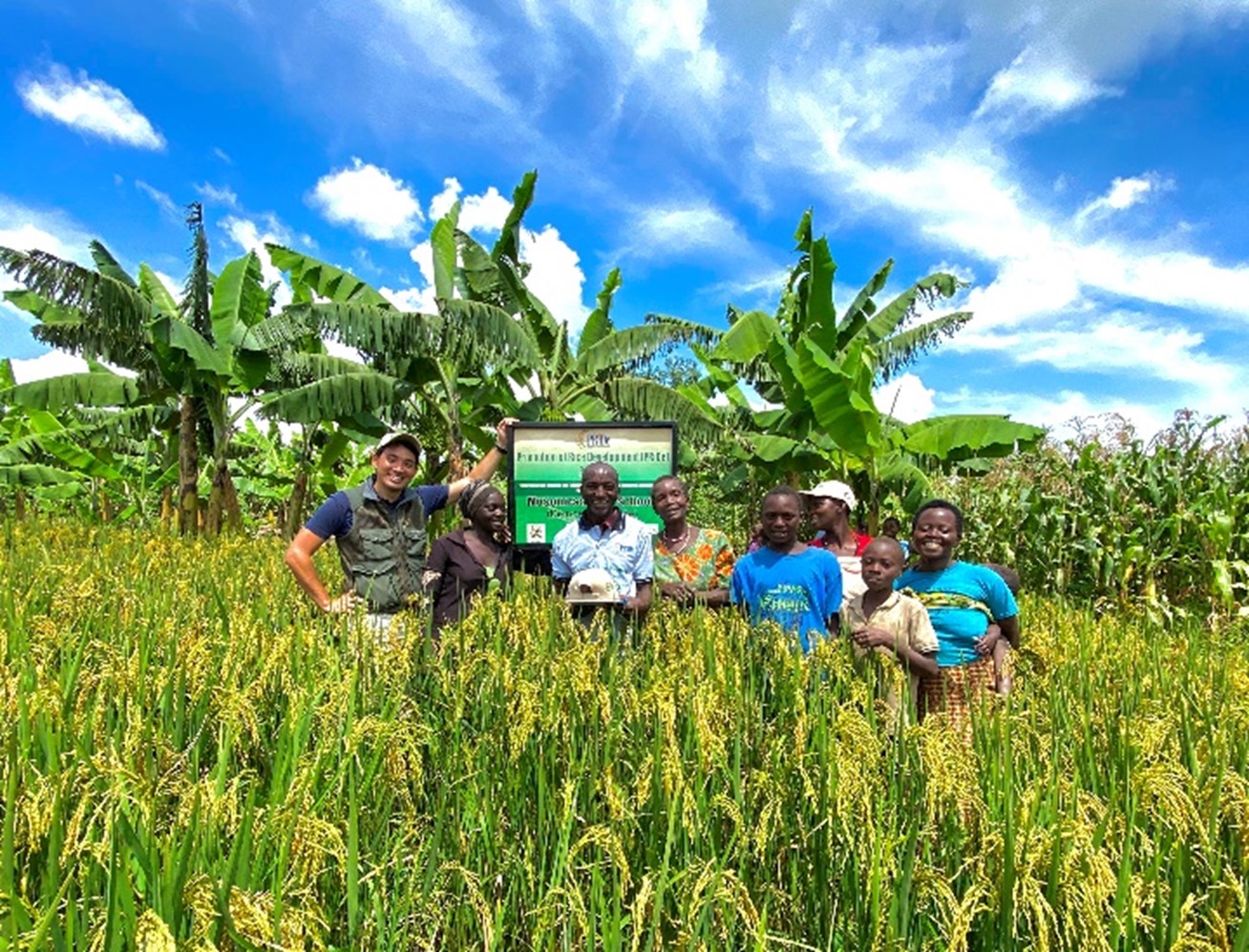
Separately, to mitigate negative effects of climate change and augment interventions under PRiDe, the Project on Irrigation Scheme Development in Central and Eastern Uganda (2014-2016) sought to generate Irrigation Scheme Development Plans (ISDP) for Central and Eastern Uganda. Of the twelve (12) ISDPs generated, three (3) covering over 2000ha have been implemented. In this regard, JICA has not only undertaken to support the construction of irrigation systems (covering approx. 550ha) for improved production and productivity of rice but is also building technical capacity for operation and management of irrigation schemes in addition to introducing improved irrigated rice cultivation technologies, for the communities of Atari area in Kween and Bulambuli districts.
Working towards the realization of rice self-sufficiency, JICA will further its collaboration with MAAIF and NARO through the implementation of the Project on Sustainable Rice Farming Development (Eco-PRiDe). The 5-year project seeks to consolidate the achievements made during PRiDe I and II, through the development and application of sustainable rice production technologies in irrigated lowland and upland rice ecologies under the jurisdiction of Buginyanya and Abi Zonal Agricultural Research and Development Institutes (ZARDIs), respectively.
JICA’s development cooperation interventions during the last 20 years have had a huge bearing on the development of Uganda’s rice industry, with annual production estimated by official sources to have surpassed the 300,000 MT mark-here
. ‘While we have over the years supported the implementation of impressive landmark projects, rice development cooperation remains the flagship of JICA’s technical cooperation in Uganda’, concludes Inoue Yoichi, the Chief Representative, JICA Uganda Office.
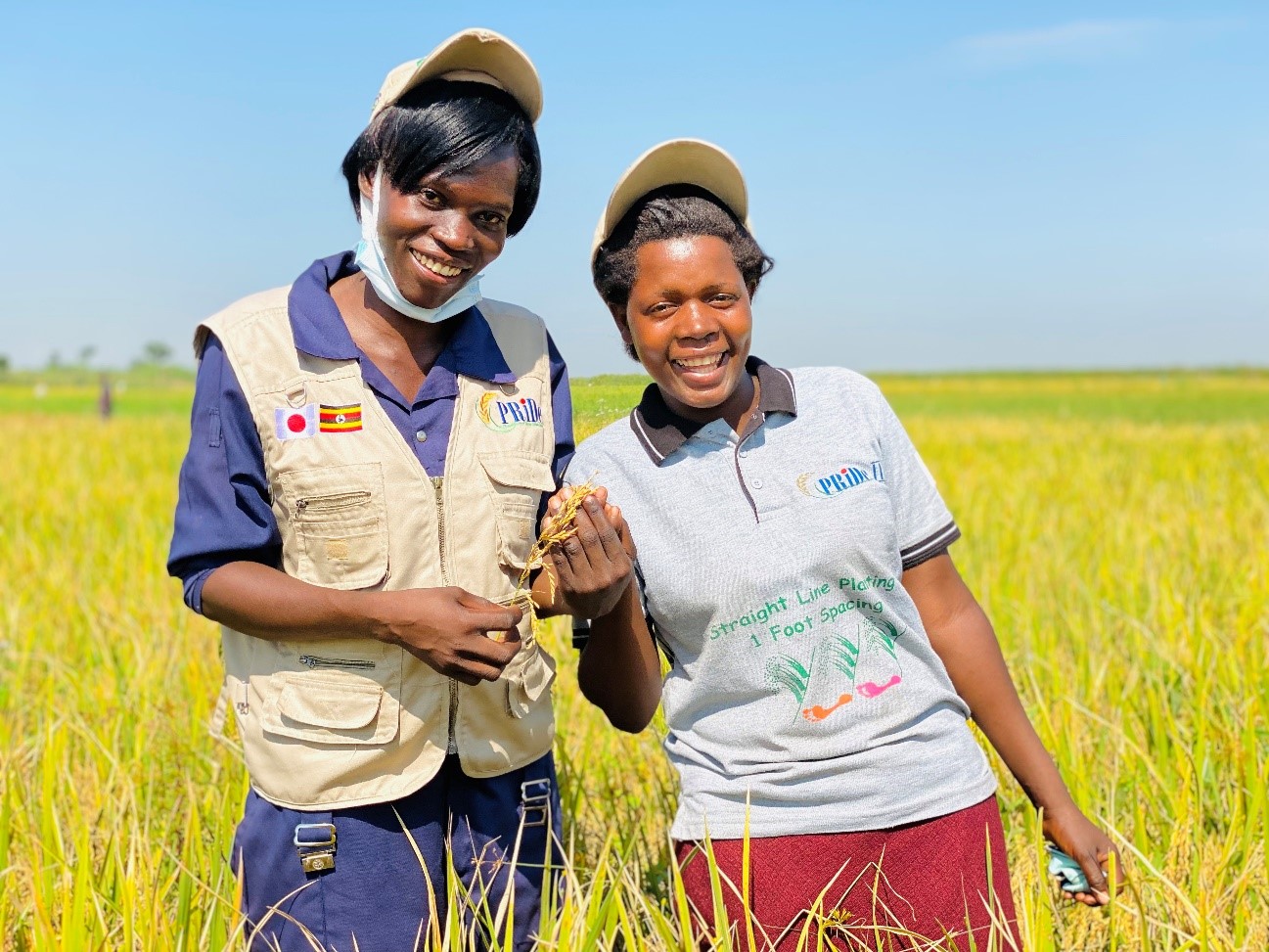
scroll